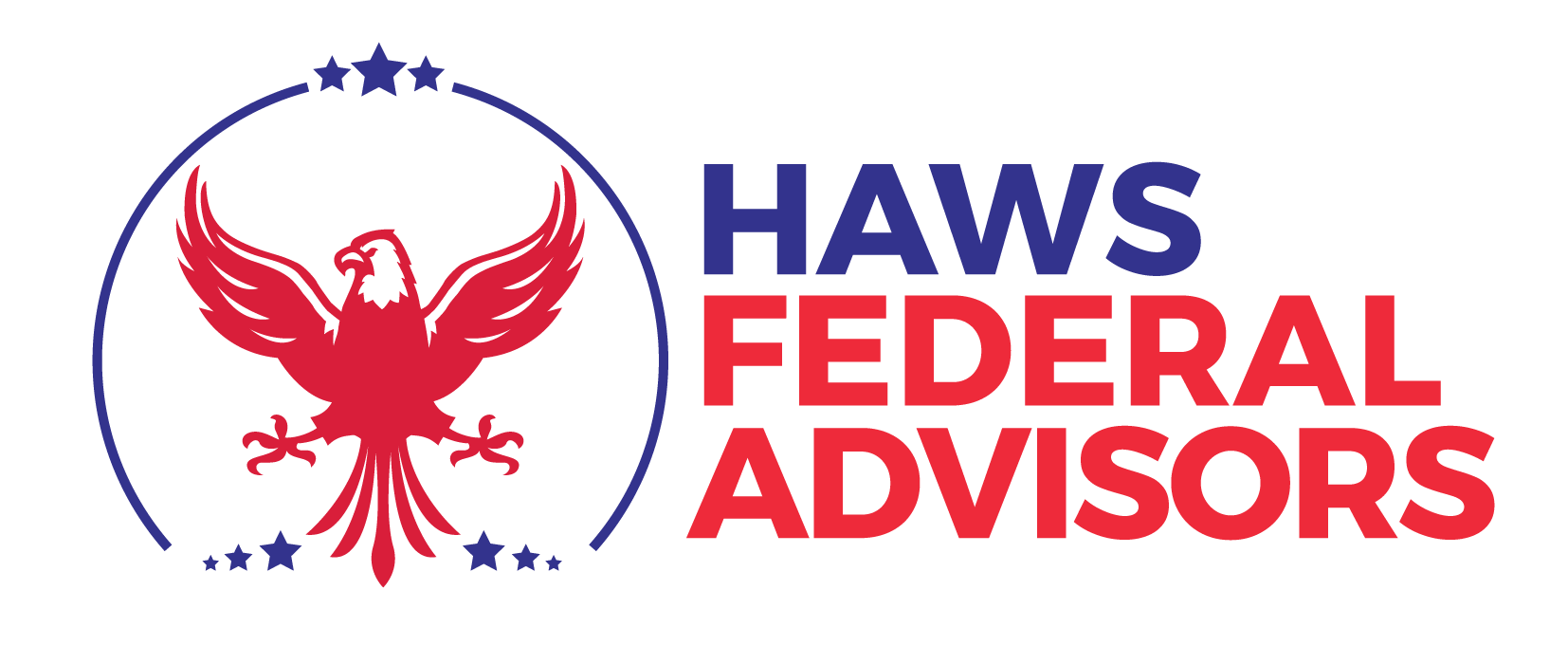Question
What is the best option for retirement if you have 30 years of federal service at age 55? Can I postpone or defer? Will I lose the chance for SRS (FERS Supplement) payments?
Answer
Great question and you are not alone. I talk with countless federal employees all the time who started their federal career at a young age and they hit 30 years of service at a relatively young age.
And to make sure we are all on the same page, here are others ways of asking the same question:
-I have 30 years but I haven’t hit my MRA (minimum retirement age), can I retire under FERS?
-Can I get the FERS Supplement if I retire under my MRA?
-Do I have to take a deferred retirement if I have 30 years but I have not yet reached my MRA?
Long story short, to retire with a full retirement you have to meet one of these criteria:
Be your MRA with at least 30 years of service (MRA+30) or
Be at least 60 with at least 20 years of service (60+20) or
Be at least 62 with at least 5 years of service (62+5)
In this example, this federal employee who asked this question has 30 years but hasn’t yet hit their MRA (minimum retirement age) so we know that they aren’t yet eligible for a full retirement.
For more information about what it takes to be eligible for a full retirement, check out this article.
Now this federal retirement could leave the government and take a deferred retirement but if they did they wouldn’t be able to start receiving their pension until their MRA and they wouldn’t be able to keep their FEHB (health insurance) into retirement either.
For these reasons, most people don’t want to take a deferred retirement.
Can I Still Get the FERS Supplement?
No, you can’t. In order to be eligible for the FERS Supplement you have to be eligible for a full retirement which again is tied to your MRA.
If you want more information on getting the most out of the FERS Supplement you can check this article out.
One Exception
The only type of retirement that this federal employee could qualify for is to get a pension right away, still get the FERS Supplement, and keep their health insurance would be a VERA or early out.
But this type of retirement can only be taken when your agency offers it to you.
You can learn more about this here.
Conclusion
Most federal employees work until at least their MRA because of the benefits that are tied to this age.
Note: Special Provision federal employees have different retirement rules and they can often retire much earlier than their MRA.


